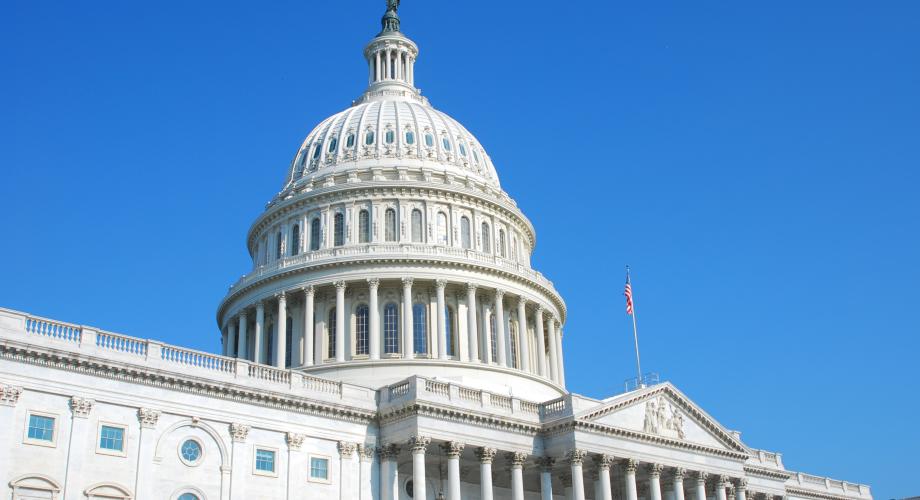The U.S. Department of Labor announced its final rule updating the Davis-Bacon and Related Acts Regulation (DBA), which governs prevailing wage requirements and will take effect October 23, 2023. Specifically, these new rules cover payments to contractors and subcontractors working on federal and federally-assisted construction projects and may impact planning processes on not just new construction projects, but also energy infrastructure projects considered “building or work” under the updated rules like solar panel and wind turbine installations, broadband deployment and the implementation of electric vehicle chargers.
The updated DBA regulations mark a return to the original methodology for setting prevailing wages, commonly known as the “three-step process," which was the required approach through 1983. The update authorizes the Wages and Hours Division at the Department of Labor (DOL) to “periodically adjust certain non-collectively bargained rates based on the employment cost index published by the US Bureau of Labor Statistics signaling automatic rate adjustments once every three years.
There are provisions with potentially significant impact on the planning and development process of covered projects as well as new compliance considerations.
- Elimination of the separation between rural and urban wage rates.
- Expansion of the geographic effect of wage determinations where rates are declared prevailing for a local area without necessarily finding basis in the current, local construction market.
- Declares that ‘functionally equivalent’ rates can be counted together, which favors collectively bargained rates as being prevailing and is framed as promoting efficiency for rate determinations.
- Expansion of the definition of “site of work” to include pre-fabrication activities away from the immediate construction site and also includes delivery drivers in certain instances, but does not include materials or prefabricated housing component parts.
- The DBA regulations hold contractors accountable by operation of law, a departure from past compliance methods where a contractor was only held accountable when properly notified of the DBA’s application to the project through contractual provision.
- The Department of Labor is further empowered to withhold funds from contractors engaged in multiple federal construction projects and expands accountability for violations of a prime contractor to affiliated groups.
The updated Davis-Bacon Act regulations represent a significant shift in how DOL will approach prevailing wage determinations and has the potential to impact the planning processes of federally subsidized housing development as well as other projects like renewable energy installations that will impact housing providers big and small. NAA along with 10 other real estate organizations advocated against many of these changes in an industry comment letter.
As the updated Davis-Bacon regulations take effect, housing providers and developers should consider consulting counsel on these issues to identify the operational and economic impact these new rules may produce.
To learn more about Davis-Bacon and labor issues impacting the rental housing industry, please contact Joe Riter- Senior Manager, Public Policy at [email protected].
